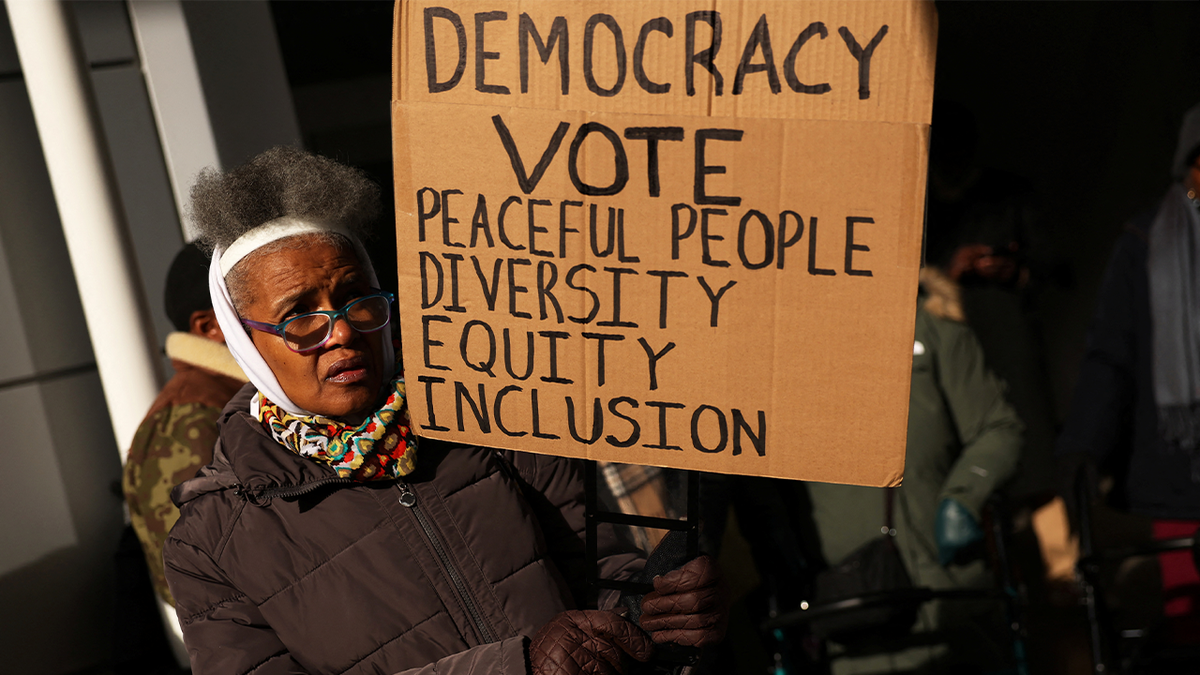The year 2024 has unfortunately earned the dubious distinction of being the worst year on record for free speech at American colleges and universities. Data from the Foundation for Individual Rights and Expression (FIRE) confirms a disturbing trend of escalating attempts to silence speakers, cancel events, and censor artistic expression. This trend has been building over the past five years, with a significant portion of documented incidents occurring just within the last two years.
FIRE's Campus Deplatforming Database, which tracks these incidents since 1998, recorded a staggering 164 deplatforming attempts in 2024, surpassing the previous high of 156 in 2023. This alarming figure underscores the growing challenges to free expression within academia.

Certain institutions have emerged as repeat offenders in stifling free speech. Georgetown University leads the pack with 43 deplatforming attempts, followed by Harvard with 28, UC Berkeley with 26, Notre Dame with 24, and Boston College and Columbia University tied at 23. However, this issue isn't confined to elite institutions. Examples of free speech violations abound across the country, from student disruptions of panel discussions at Pace University to the imposition of content warnings and liability waivers for art exhibits at East Tennessee State University. Even a radio interview at Binghamton University was cancelled minutes before airing, highlighting the pervasive nature of censorship within higher education.
This climate of suppression has understandably led to widespread self-censorship among faculty. A recent FIRE survey revealed that 35% of faculty members admitted to suppressing their own expression for fear of controversy. This figure is four times higher than the self-censorship rate reported during the McCarthy era, a period often associated with widespread suppression of dissenting views. The survey also found that a substantial percentage of faculty have faced disciplinary action or threats for their teaching, research, or public statements, further contributing to a chilling effect on academic freedom.

Despite these discouraging trends, there are glimmers of hope. Some universities, including MIT, Harvard, UMass Boston, Ohio State, and Syracuse University, have started to push back against politically motivated litmus tests, particularly in the context of Diversity, Equity, and Inclusion (DEI) statements. A growing number of institutions are also embracing policies of institutional neutrality, emphasizing the importance of protecting free expression on campus. Increased media scrutiny and public awareness, fueled by reporting in outlets like The New York Times, are also contributing to a broader conversation about the challenges facing higher education.
While 2024 represents a low point for campus free speech, these positive developments suggest that a course correction is possible. The fight for intellectual freedom continues, and the hope remains that future years will witness a resurgence of open discourse and a decline in censorship within academic communities.
Comments(0)
Top Comments